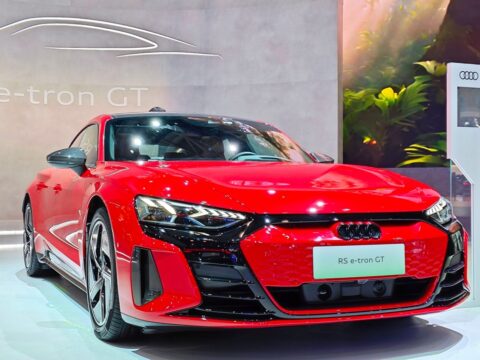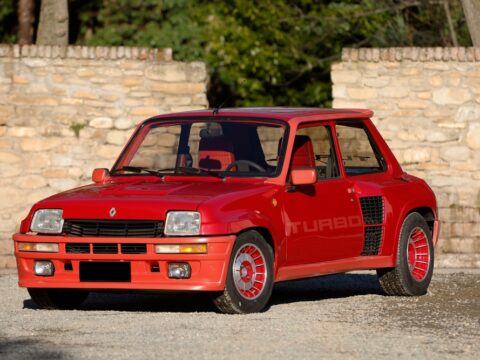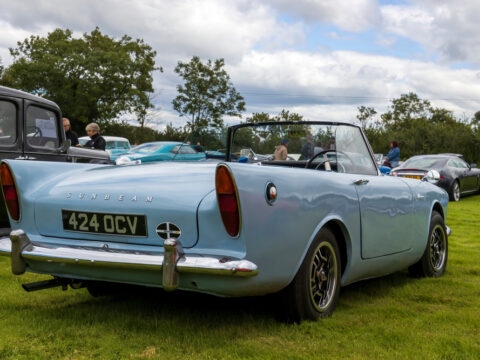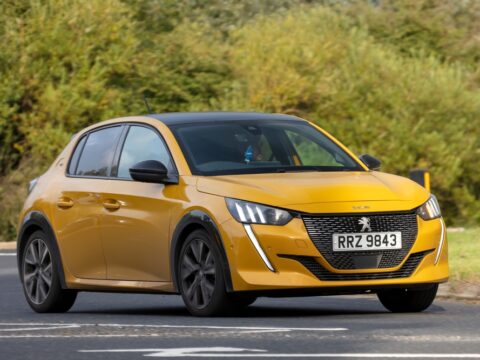Hybrid vehicles have grown in popularity, yet there are still plenty of misconceptions about their longevity. These myths often cause unnecessary doubt for potential buyers. Here, we’ll address 17 common myths about hybrid vehicle durability and uncover the facts behind their reliable performance.
Contents
Hybrid Batteries Don’t Last Long
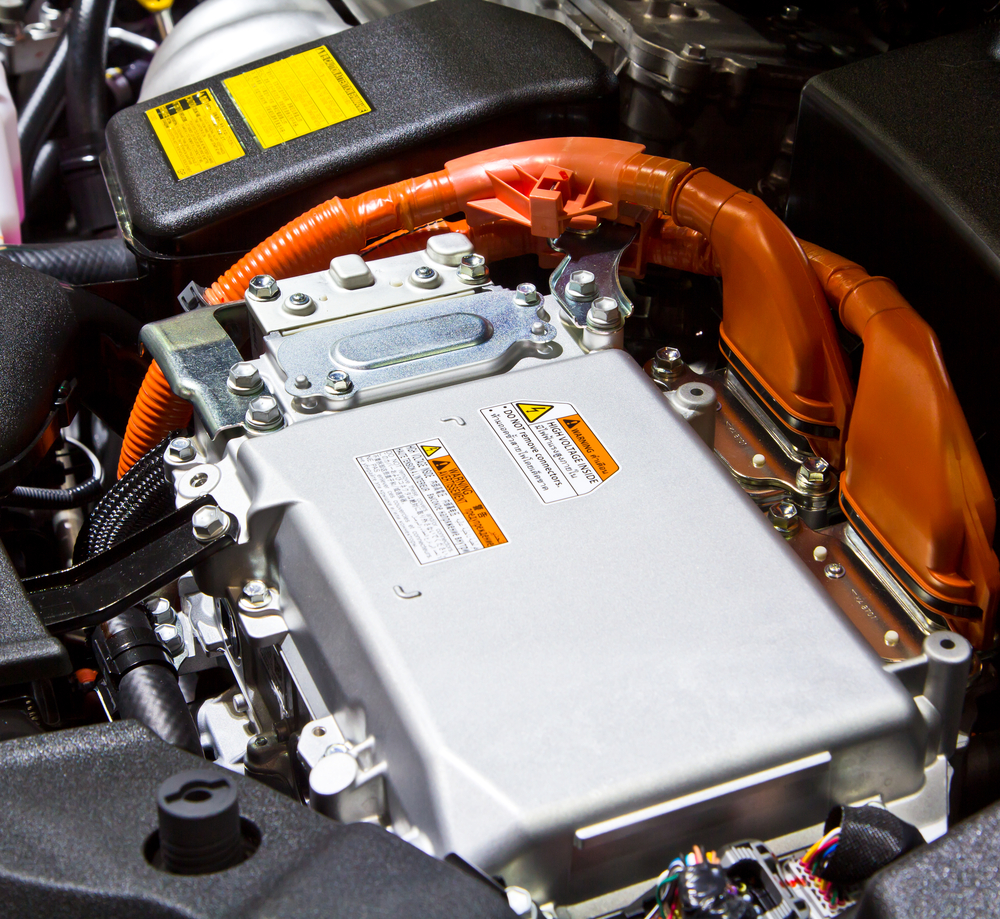
One common misconception is that hybrid batteries have a short lifespan and need frequent replacement. In reality, most hybrid batteries are designed to last well over 150,000 miles, often outlasting the vehicle itself. Major automakers like Toyota offer warranties for up to 10 years, showing their confidence in the battery’s durability. Technological improvements over the years have also made hybrid batteries more robust and reliable.
Hybrid Vehicles Have Shorter Lifespans than Gasoline Cars
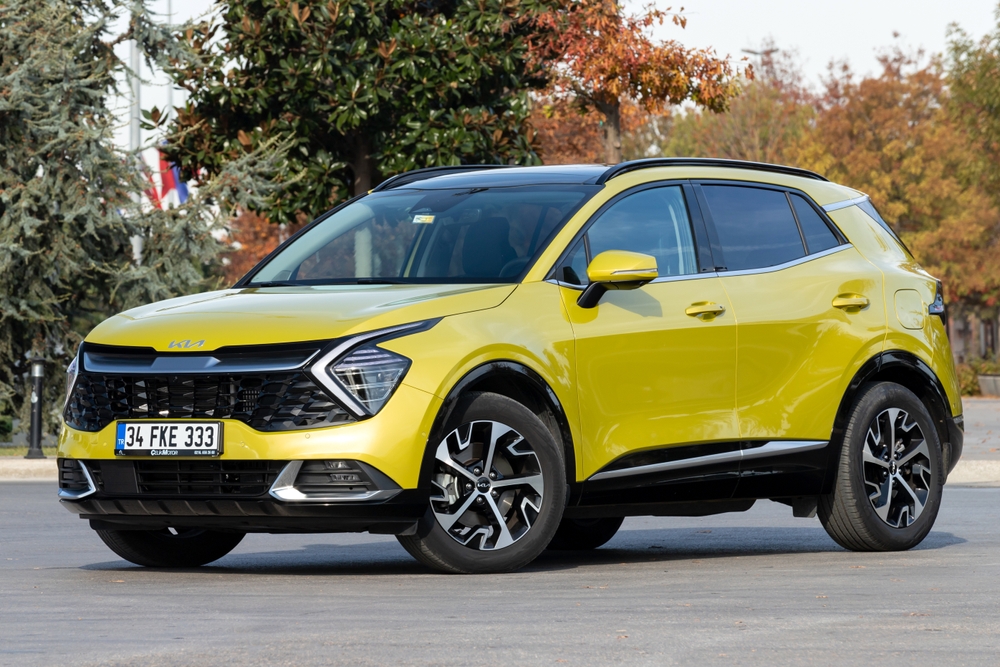
It’s widely believed that hybrids don’t last as long as traditional gasoline cars. However, this isn’t the case. Hybrids are engineered with dual systems—both electric and gasoline—which means the workload is distributed, reducing wear on the engine and transmission. Many hybrid owners report driving their cars well past 200,000 miles with minimal issues. Proper maintenance ensures that hybrid vehicles can last just as long, if not longer, than their gasoline counterparts.
Hybrid Cars Aren’t Reliable Over Time
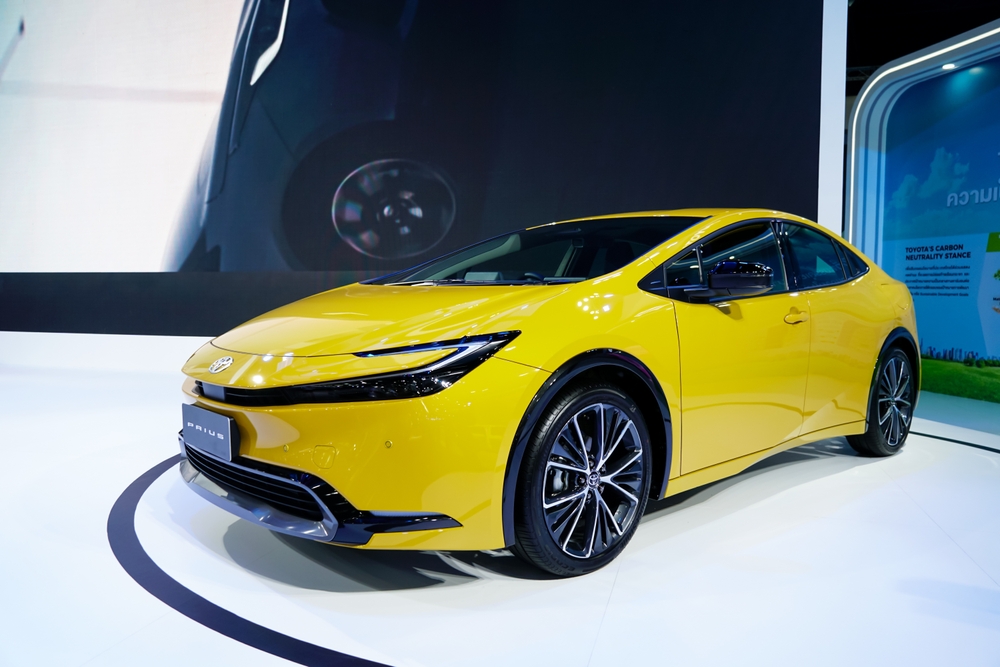
The myth that hybrid cars lose reliability as they age is unfounded. In truth, hybrids have fewer moving parts in their electric motors compared to traditional internal combustion engines, which means less can go wrong. Models like the Toyota Prius have proven their long-term reliability, with many reaching high mileage without major issues. Regular maintenance is key to keeping any vehicle running smoothly, and hybrids are no exception.
Replacing Hybrid Batteries Is Extremely Expensive
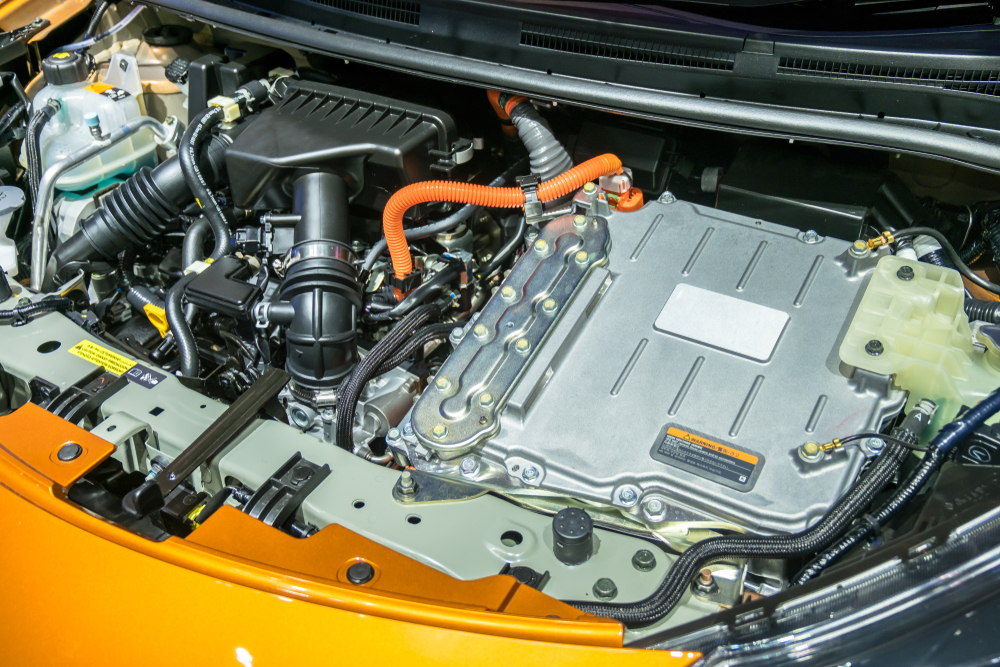
Many people think that replacing a hybrid battery is a financial nightmare. While it’s true that battery replacements can be costly, it’s important to note that most hybrid batteries last the lifetime of the car. In fact, the need for a replacement is rare, especially with the warranties provided by manufacturers. Over the years, replacement costs have dropped significantly due to advancements in battery technology.
Hybrid Cars Lose Their Efficiency Over Time
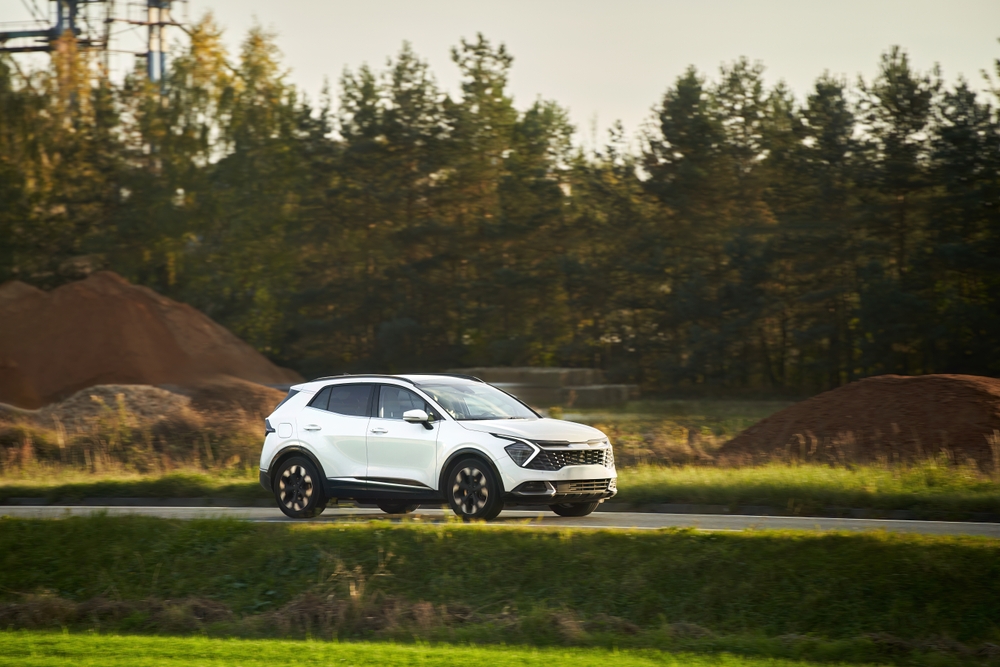
It’s often assumed that a hybrid vehicle’s fuel efficiency diminishes over time. However, when properly maintained, hybrids maintain their high fuel efficiency for many years. The combination of an electric motor and gasoline engine ensures that the strain on both systems is minimized. Regular servicing, like oil changes and battery checks, helps preserve the vehicle’s overall performance. Many hybrid owners report only a minor or negligible decrease in efficiency, even after several years.
The Electric Motor Will Wear Out Faster Than the Gas Engine
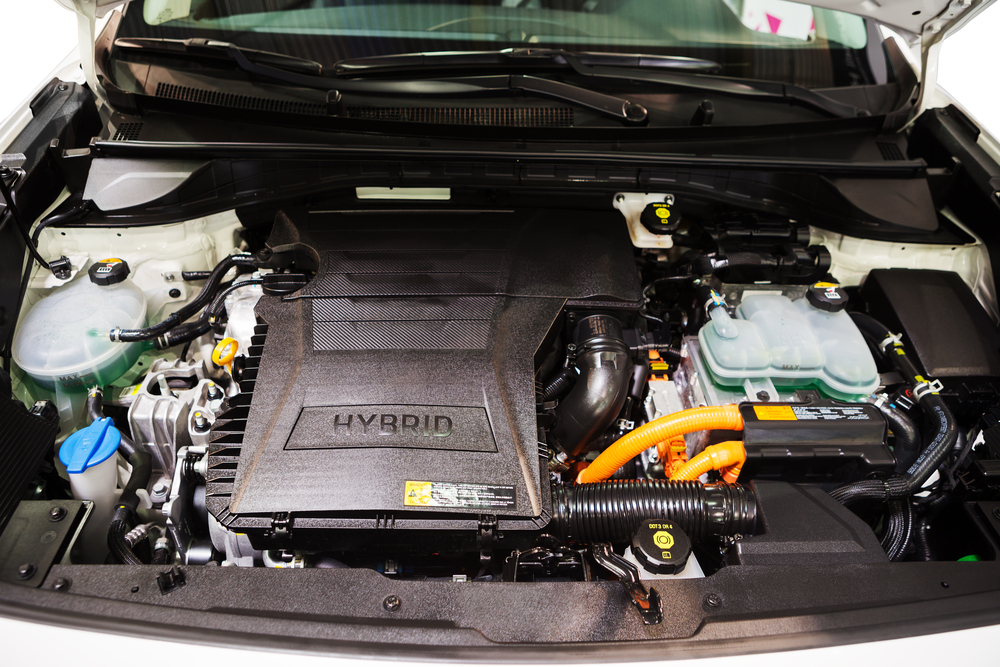
Some believe that a hybrid’s electric motor is more prone to wearing out than the gasoline engine. Contrary to this myth, electric motors are designed to be highly durable with fewer moving parts, which translates to less wear and tear. In many cases, electric motors last as long as the car itself, often requiring little maintenance. The hybrid system ensures that the workload is shared between the motor and the engine, balancing out their usage. As a result, both components can enjoy extended lifespans.
Hybrids Are Expensive to Maintain
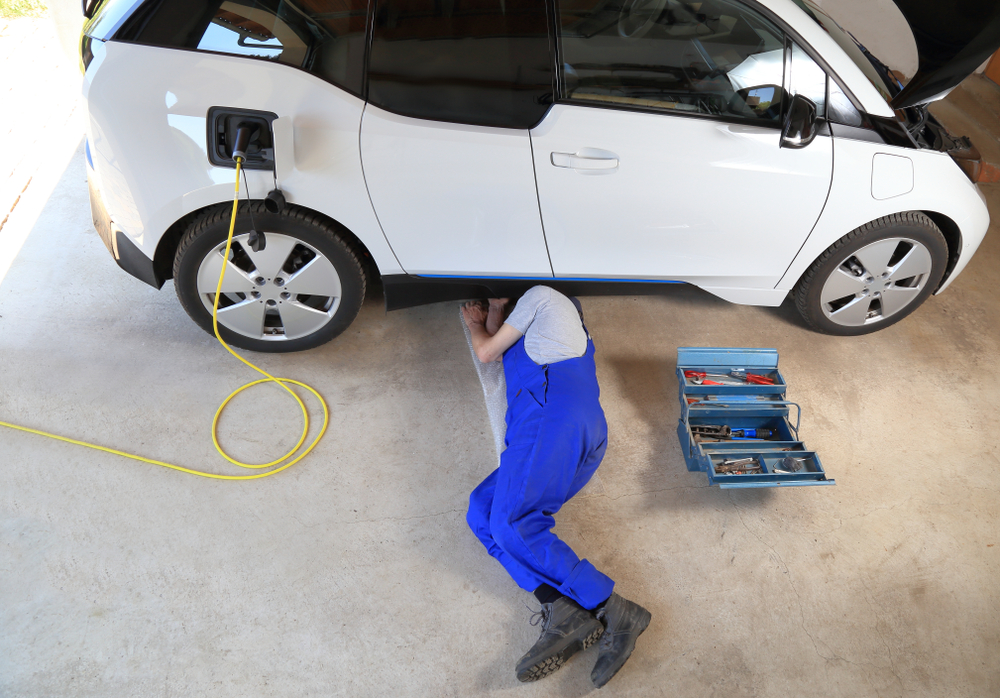
There’s a misconception that hybrid cars are more costly to maintain than traditional vehicles. In reality, hybrids can actually be cheaper to maintain due to their regenerative braking system, which reduces wear on the brake pads. Additionally, hybrid engines don’t need as many oil changes because the electric motor handles much of the load during driving. This leads to longer intervals between routine maintenance tasks.
Hybrid Batteries Are Bad for the Environment

It’s often argued that hybrid batteries are detrimental to the environment because of the materials they contain. However, hybrid manufacturers have made great strides in battery recycling programs, ensuring that most components are reused rather than ending up in landfills. Additionally, the long-term reduction in emissions from hybrid vehicles far outweighs the environmental cost of producing the batteries. Hybrid technology, when paired with responsible battery disposal, is an eco-friendly option.
Hybrid Cars Are More Prone to Breakdowns
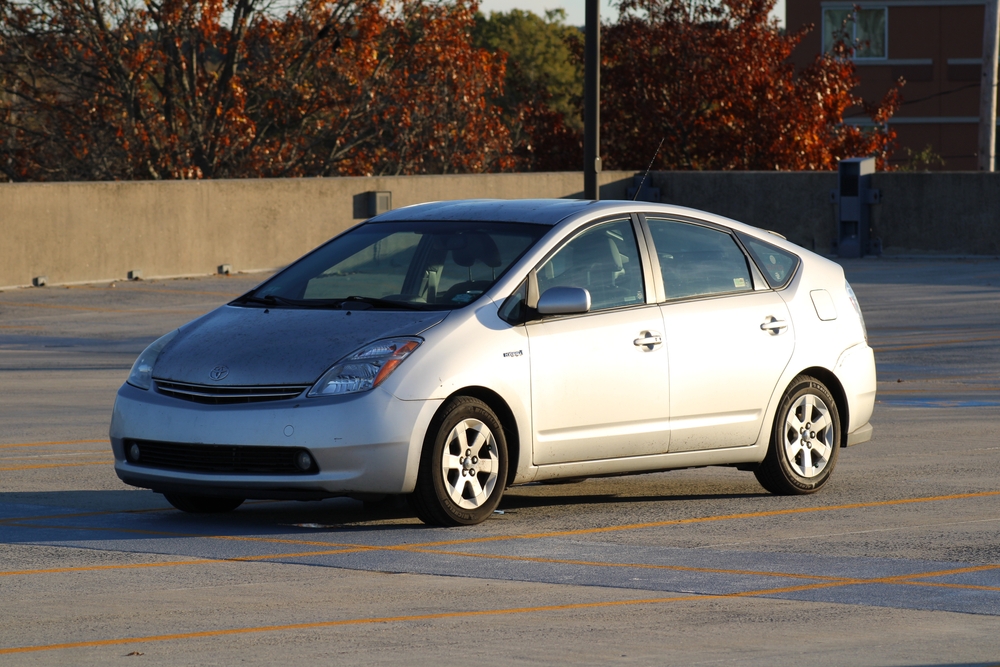
Some believe that hybrid vehicles are more likely to break down due to the complexity of their dual systems. On the contrary, hybrids are engineered with reliability in mind, and many of their components, like the electric motor, require less maintenance. The hybrid system is designed to seamlessly switch between electric and gasoline power, which reduces strain on both. Additionally, hybrids often have fewer moving parts than traditional cars, making them less susceptible to mechanical failure.
Hybrid Cars Can’t Handle Long-Distance Driving
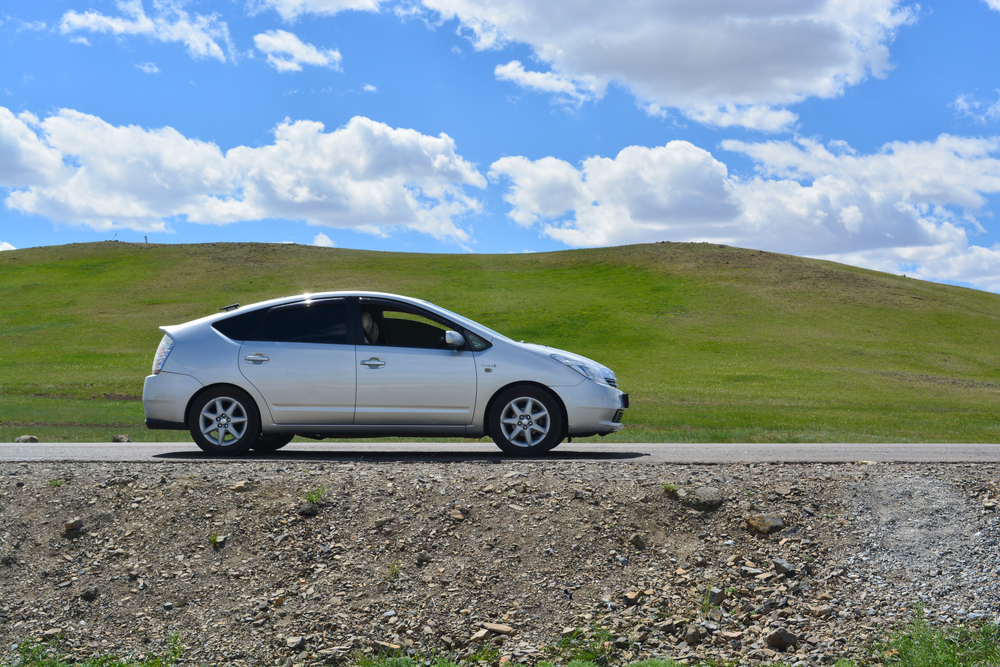
There’s a myth that hybrids are only good for city driving and can’t perform on long trips. In fact, hybrid vehicles are fully capable of handling long distances, as they primarily rely on their gasoline engines at higher speeds. The electric motor kicks in during lower-speed driving, making hybrids efficient in both city and highway conditions. Many hybrid models have been tested on long road trips with excellent performance results.
Hybrid Vehicles Need Special Mechanics for Repairs
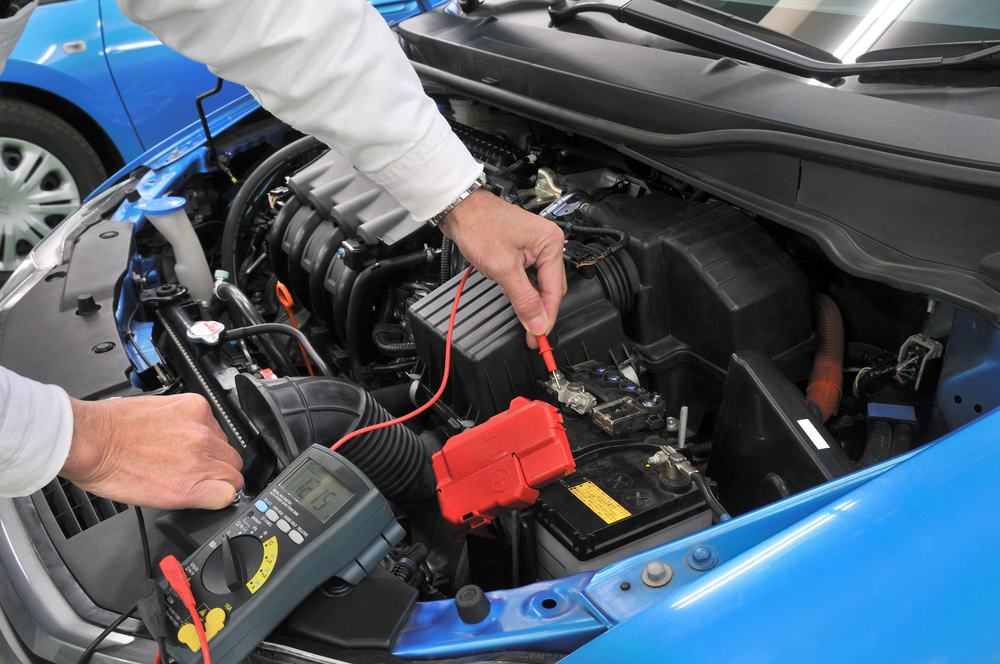
It’s commonly thought that hybrid vehicles can only be repaired by specialized mechanics, leading to higher repair costs. While hybrid technology is more advanced than traditional vehicles, most mechanics today are trained to work on hybrid systems. Additionally, many repairs, such as oil changes and brake work, are similar to those of standard gasoline vehicles. Hybrid owners don’t need to worry about finding a specialized shop for most repairs.
Hybrid Vehicles Are Just a Fad
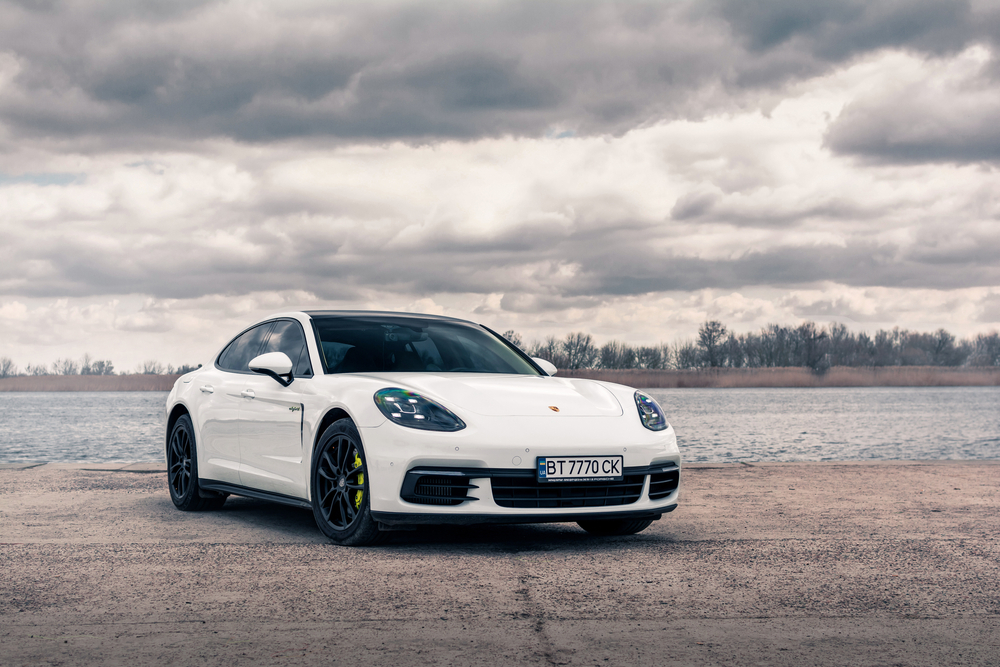
Some skeptics argue that hybrid technology is a passing trend that will soon fade away. However, hybrids have been on the market for over two decades, proving their staying power. With increasing environmental concerns and stricter emissions regulations, the demand for hybrids continues to grow. Automakers are investing heavily in hybrid and electric technology as part of their long-term strategies.
Hybrid Cars Can’t Be Towed
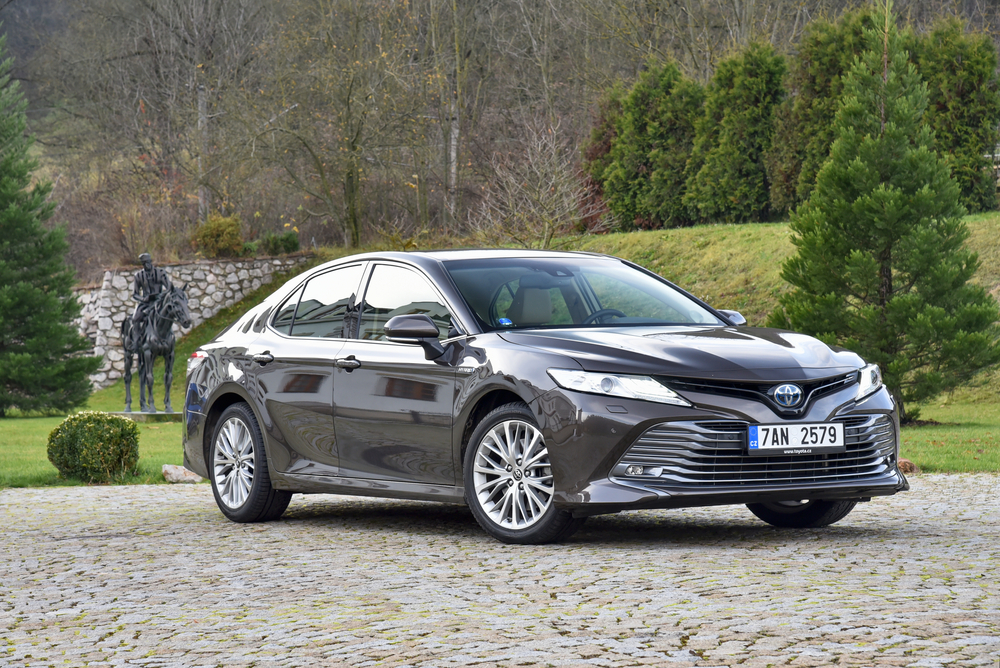
Another misconception is that hybrid vehicles can’t be towed due to their electric components. In reality, most hybrids can be towed just like any other vehicle, as long as the correct procedure is followed. Manufacturers provide clear guidelines on how to safely tow hybrids without damaging the electric motor or battery. Following these instructions ensures that towing a hybrid is no more complicated than towing a traditional car.
Hybrids Can’t Drive as Fast as Traditional Cars
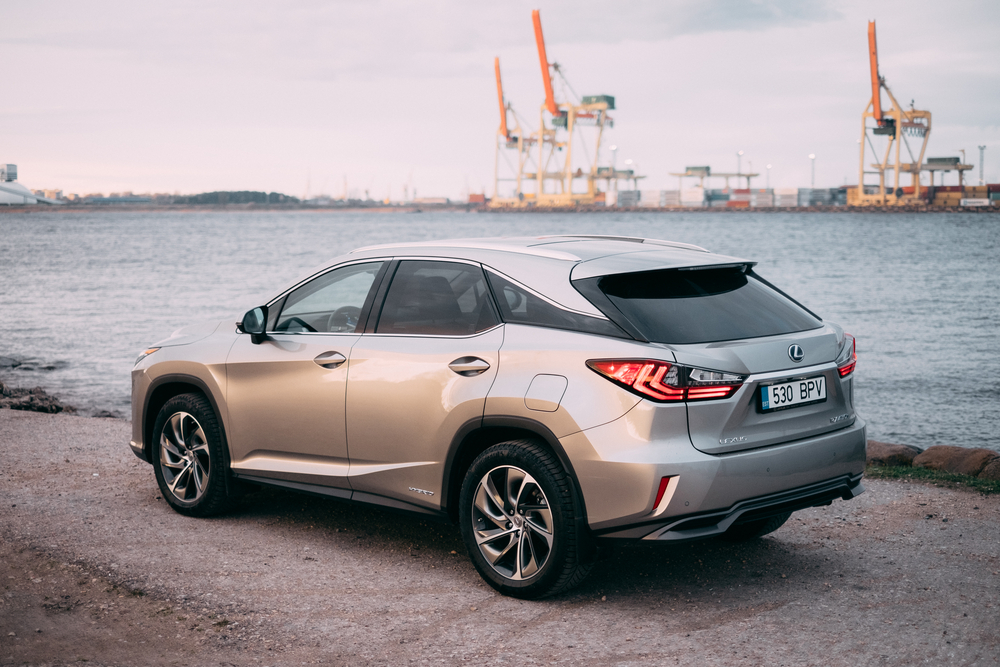
Some people think that hybrids are slower than traditional gasoline vehicles, making them less suitable for highway driving. On the contrary, many hybrids are equipped with powerful engines that allow them to accelerate quickly and maintain high speeds. The combination of electric and gasoline power can provide impressive torque, enabling fast acceleration. Models like the Lexus RX Hybrid and the Honda Accord Hybrid demonstrate that hybrids can be both efficient and fast.
Hybrid Vehicles Are Only for City Driving
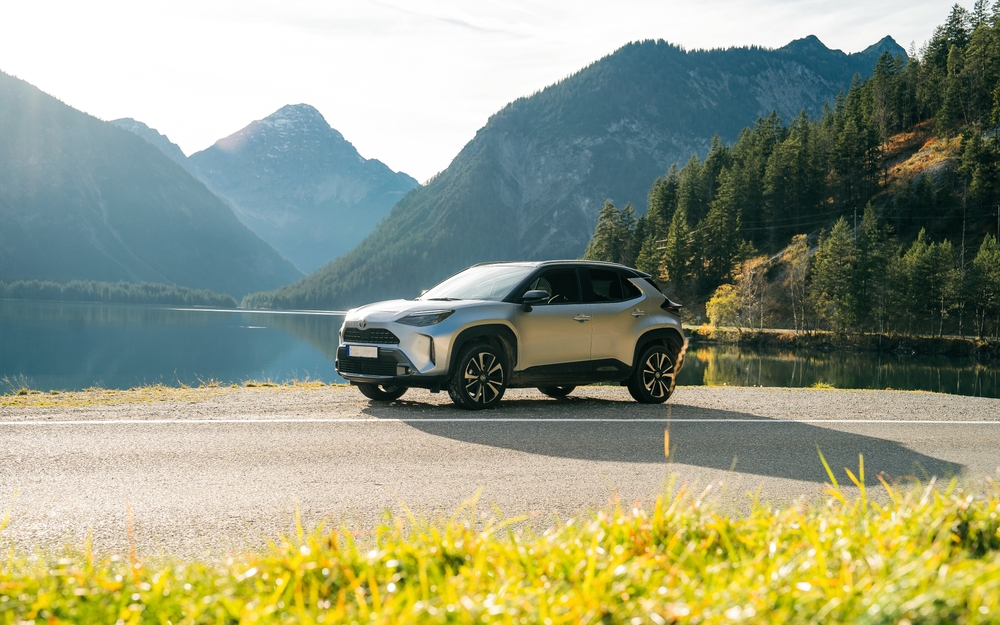
There’s a misconception that hybrids are best suited for stop-and-go city traffic and are less efficient on highways. While hybrids do excel in urban environments due to their electric motors, they are also highly efficient for highway driving. Most hybrids switch to using the gasoline engine during highway speeds, which improves fuel efficiency.
Hybrid Cars Don’t Have Enough Power for Heavy Loads
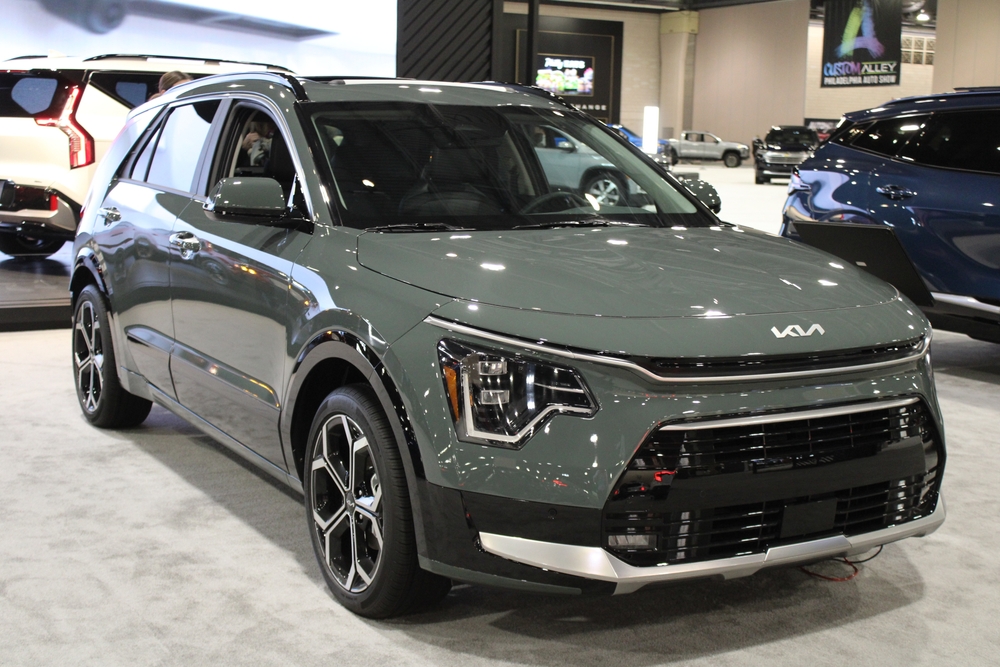
It’s often believed that hybrids lack the power necessary for towing or carrying heavy loads. While not all hybrids are designed for heavy-duty work, many models, such as the Toyota Highlander Hybrid, offer sufficient power for towing small trailers or carrying large cargo. The electric motor in these hybrids provides additional torque, which enhances their towing capacity. As hybrid technology continues to evolve, more hybrid SUVs and trucks are being developed for heavy-duty tasks.
Hybrid Vehicles Are More Expensive to Insure
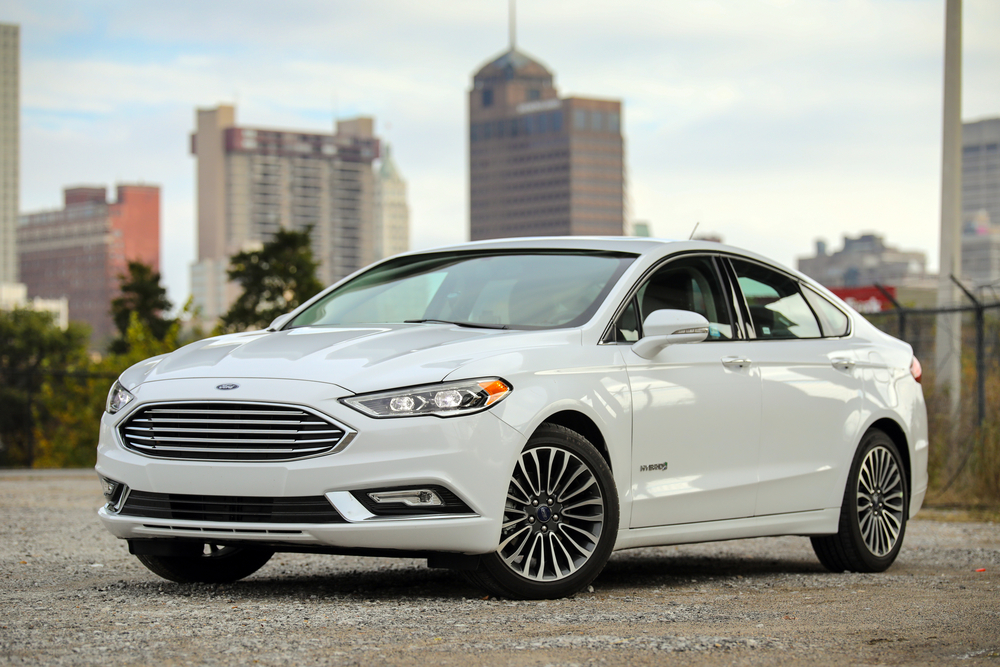
Some assume that hybrid vehicles are more costly to insure because of their advanced technology. In reality, the insurance premiums for hybrids are generally comparable to those of traditional vehicles. In fact, some insurance companies offer discounts to hybrid owners due to the vehicles’ fuel efficiency and environmental benefits.
This article originally appeared in MyCarMakesNoise.
More from MyCarMakesNoise
8 High-Octane Drones Built for Speed and Agility

If you’re looking for drones that push the limits of speed and precision, these 8 high-octane models are built to deliver. Designed with racing, rapid deployment, and agile maneuvers in mind, these drones offer the perfect blend of power and control. Read More.
20 Legendary Automobiles Lost to Time and Memory

Some automobiles leave a lasting impact, becoming icons of their time, while others, despite their brilliance, fade into obscurity. This article explores 20 legendary cars that, for various reasons, have been lost to time and memory. Read More.
20 Rare Motorcycles Collectors Dream Of Owning
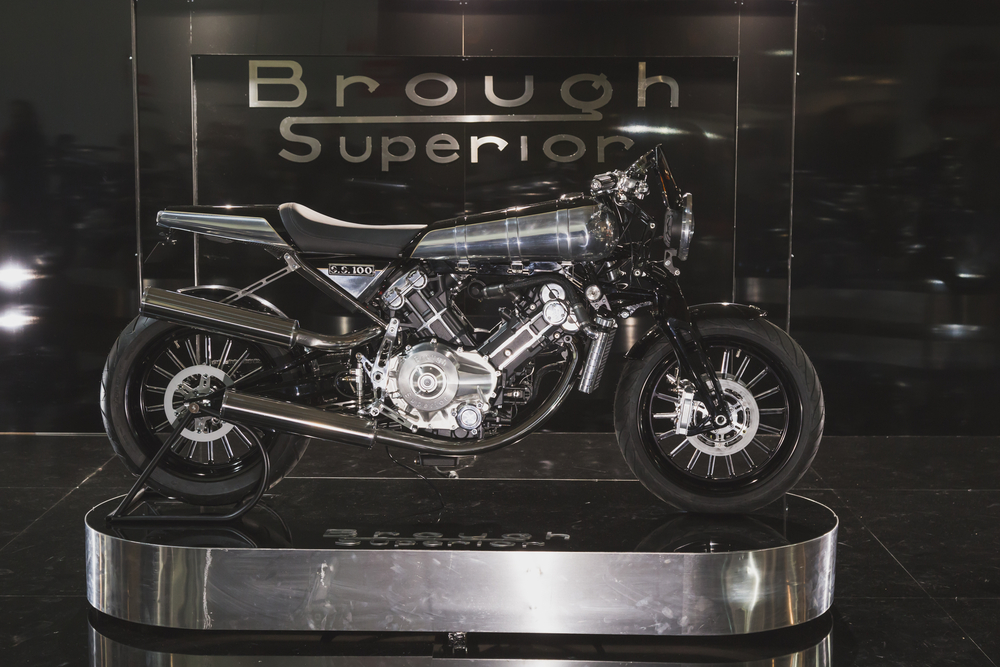
For motorcycle enthusiasts, there’s nothing quite like the thrill of owning a rare and iconic bike. Whether it’s the allure of a limited production model or the historical significance of a legendary design, certain motorcycles stand out as true collector’s dreams. Read More.

